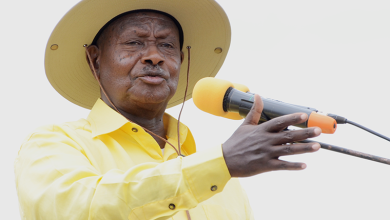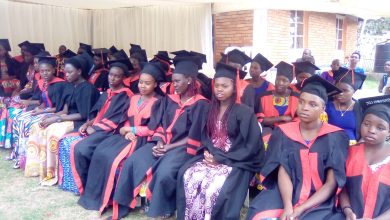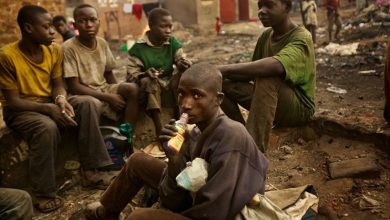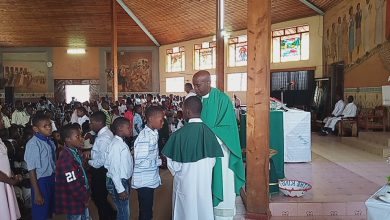Wetland eviction in kigezi sub region

The story that people have in this land, Kigezi, is more than just an eviction order. It’s a fight for a way of life, a community’s legacy, and the delicate balance between environmental protection and human survival. The unified front presented by the residents and leaders is a powerful testament to their determination to protect their land and future. Though the eviction process seems segregative, it is surrounded by a wave of defiance rising in Uganda’s Kigezi Sub Region. Residents and leaders are banding together to challenge President Museveni’s directive to evict them from their wetland homes. As an investigative journalist, I have gone undercover and disclosed the following facts, which describe what appears to be a segregative process of evicting people from wetlands in areas of the Kigezi sub-region. Some farmers in the districts of Kabale and Rubanda in the Kigezi Sub Region have started reclaiming the wetlands to plant potatoes and other vegetables. The farmers are taking advantage of the May-September season to plant food in wetlands, despite a presidential directive on wetland restoration.
The conflict began in December 2023 with a presidential decree demanding immediate eviction. By January, natural resource officers arrived in Rubanda, Rukiga, and Kabale districts, displacing farmers and destroying crops. The Kigezi Farmers Hamwiga Association has taken action, petitioning the Speaker of Parliament to intervene. Over 200 farmers in Kabale, Rubanda, and Rukiga have already been displaced, and the association fears for many more. Bruno Byereta, a farmer, says that banning them from using the wetland by President Museveni for agriculture without providing an alternative will cause a lot of famine in the sub-region because the biggest challenge that the people of Kigezi face is land shortage, as they have been using the wetlands. Robert Mutabazi, a leader of the commercial potato growers in Kabale and Rubanda, says that when the government gave the directive, they were not given alternative land for cultivation when they vacate the wetlands. He says that various crops like Irish potatoes and vegetables, such as carrots and cabbage, have been successfully grown in the Kigezi sub-region, especially during the dry season from May to September.
Moses Kamuntu Mwongyera, the Rubanda West Member of Parliament, urges people to cultivate now as the season for cultivation is upon them, assuring them that as leaders of Kigezi, they have received authorization from the Ministry of Water and Environment to begin cultivation. “I have been moving around, and people in Rubanda took heed of my advice; they have begun cultivating. It’s only those in Kamuganguzi in Kabale district who have not fully taken the advice. Go and cultivate. I assure you that we have authorization from the Ministry of Water and Environment. As your leaders, we shall not keep seeing you suffer and die of hunger. Now that we are in the planting season, go and cultivate,” said Kamuntu.
Nelson Nshangabasheija, the Kabale LC5 Boss, says that farmers who have been using wetlands as their gardens during the dry season should continue utilizing them until the government allocates them alternatives. He says that stopping people from using wetlands as their gardens without providing alternative land for agriculture may result in a food and economic crisis. Pauline Kemirembe Chaka, MP for Lyantonde District, expressed concern for the many who rely on the wetlands for their very existence. The fight extends beyond individual survival. She is pushing for a clear-eyed assessment of the situation, urging officials to report the devastating effects of eviction on the people of Kigezi directly to the president.
Let Us Build Your Online Success!
We are the experts in creating visually stunning and functional websites. With reliable hosting and exceptional customer support, we bring your vision to life. Join hundreds of happy clients who trust us!
Get Started Now📞 Call/WhatsApp: +256 207 800 192
Eric Sewandigi, the Rubanda Deputy RDC, says that he plans to engage the Rubanda district natural resources officer and district committee members to design strategies as directed by President Museveni. He warned politicians against encouraging locals to degrade the wetland, saying that he has written to his superiors at their head office seeking guidance on what should be done to local leaders who are sabotaging the implementation of the presidential directive on wetland restoration and is still waiting for the response. Earlier in June 2022, President Yoweri Kaguta Museveni ordered all encroachers across the country to vacate wetlands.




